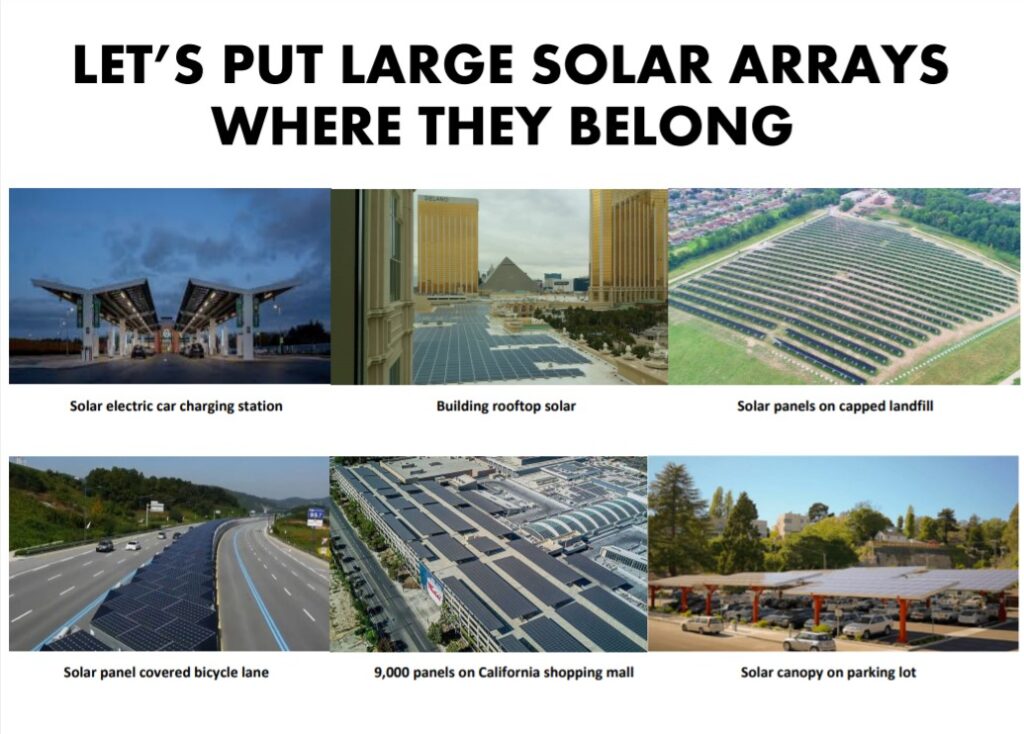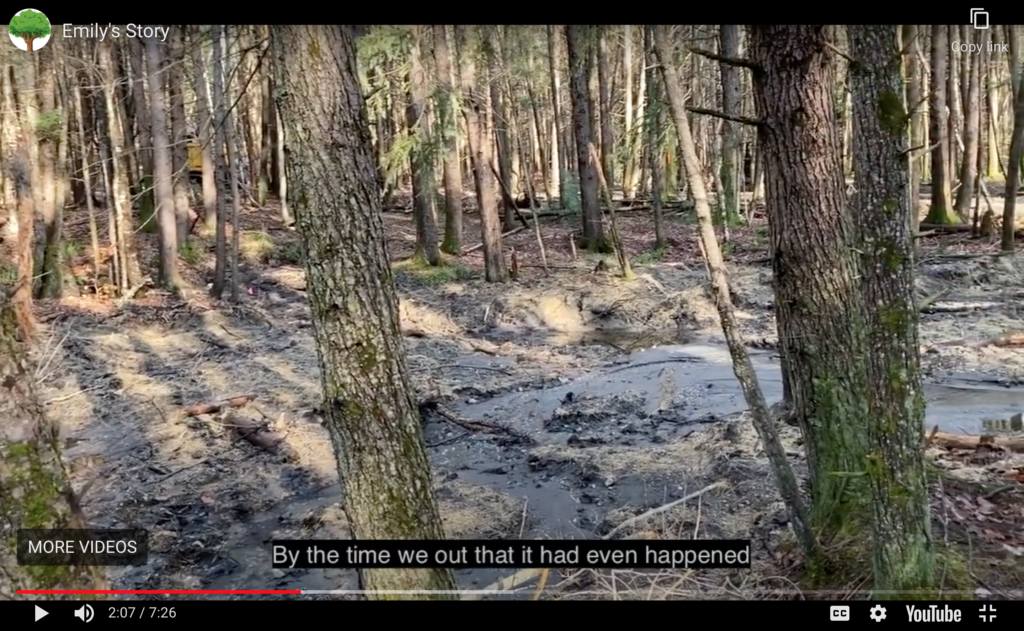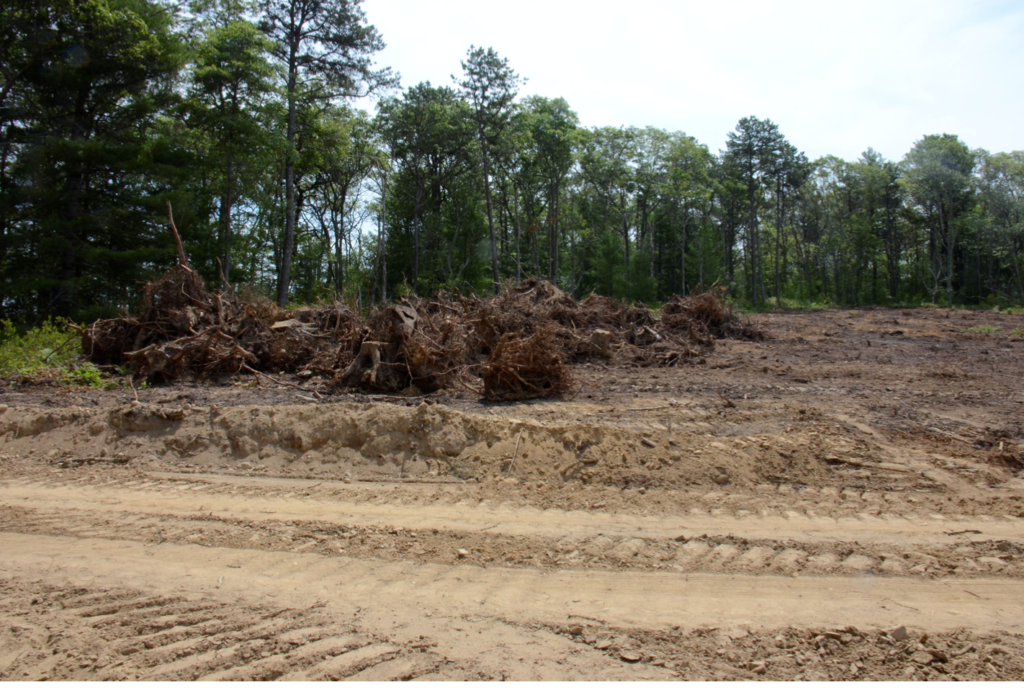On June 2, 2022, the Massachusetts Supreme Judicial Court issued its decision in the case of Tracer Lane Realty v. City of Waltham siding with the solar developer and allowing the company to use a residential lot to access land in Lexington. The plan by the out-of-state solar corporation would clear-cut forested land and impose an industrial use in a quiet neighborhood.
The decision has a limited impact. The court affirmed a municipality’s “discretion to reasonably restrict the magnitude and placement of solar energy systems.” Waltham does not have a solar zoning bylaw so the court didn’t rule one way or another on a particular solar bylaw. It decided on the basis of whether the zoning law as applied was unreasonable. The SJC criticized Waltham for limiting solar development to 1-2% of the city and affirmed that the sole reasons for regulation are limited to public health, safety and welfare. Municipalities are continuing to use zoning to reasonably regulate solar. Carver voters overwhelmingly passed a zoning moratoriums on battery storage and new large ground mounted solar and Wareham voters passed a tougher solar zoning bylaw for example.
Save the Pine Barrens and a number of municipalities and groups filed an amicus (friend of the court brief) siding with Waltham. The brief urged the court to uphold the home rule and zoning powers of municipalities to decide what is right for their town. The crux of the brief is that the zoning protection under G.L. c. 40A, Section 3 for solar is outdated and never intended to protect industrial solar and large out of state corporations exploiting Massachusetts’ open space for profit from local regulation. The SJC stated it did not analyze the legislative history or purpose of the zoning protection for solar – leaving that for another day and highlighting the need for the legislature to act to clarify the outdated law from the 1980s.
According to Michael DeChiara, a Shutesbury Planning Board member, “Without legislative action to clarify that protection of forests, wetlands and agriculture are legitimate reasons for municipal regulation of industrial solar, municipalities will continue to be under threat of legal action by large developers that claim protection of carbon sequestration/storage and drinking water is beyond the scope of existing statute. Cities and towns are often unable or unwilling to risk being sued and given the ambiguity of the current law, concede to damaging development. Legislative clarity can help towns address the climate crisis in an environmentally appropriate way.”
House Bill 4331 is pending in the Joint Committee on Telecommunications and Energy (TUE) of the Massachusetts legislature to clarify the zoning law at issue in the Tracer Lane case. Contact TUE House Chair Jeffrey Roy to support this bill (Jeffrey.Roy@mahouse.gov or (617) 722-2030).
“The SJC decision did nothing to undermine a municipality’s ability to reasonably regulate solar,” said Meg Sheehan of Save the Pine Barrens. “The legislative history of the zoning provision for solar is clear that it doesn’t protect large destructive solar but they chose not to look at it. Local communities are on the front lines of protecting our water, forests, biodiversity and Native American culture from predatory corporations seeking short term profits. We continue to urge DOER and Governor Baker to end subsidies for this destruction.”
Groups are circulating a moratorium petition pending legislative action.



